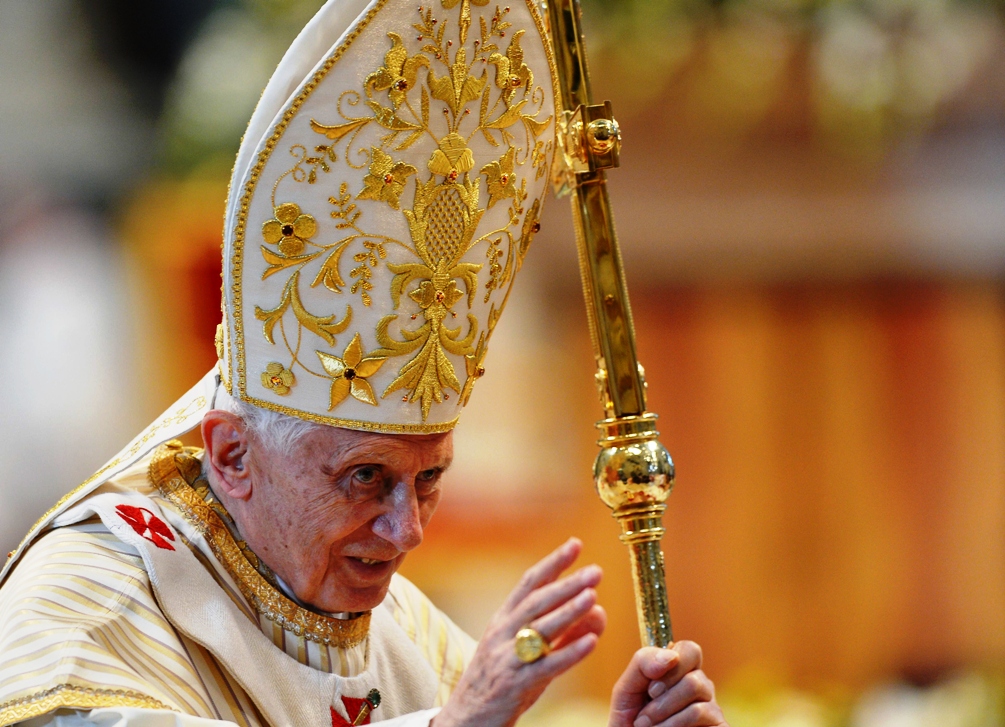
"These powers go with the office, so they will pass to the next pope. Whoever renounces (the post) no longer has the assistance of the Holy Spirit to guide the Universal Church," Vatican spokesman Federico Lombardi said at a media briefing.
The issue is complex for many Catholics who believe the election of a pope is divinely inspired and are accustomed to popes remaining in office until death.
Benedict will be the first pope to resign in more than 700 years and only the second to do so voluntarily in the Catholic Church's 2,000-year history.
Though papal infallibility was only set in stone in 1870, the idea had long been part of Church history and debate as the idea that the Pope was the preserver of apostolic truth was first mooted in the sixth century.
This special power has been used only once by a pope, in 1950 when Pius XII established the Assumption of Mary.
Pius used the idea of Papal infallibility in his famous Apostolic Constitution in which he described the ascension into heavens of the earthly soul of Mary.
While Benedict will have to drop his claim to being right all the time, the Vatican said that as ex-pope he will enjoy a pension when he retires.
"We will ensure he can live a dignified existence," Lombardi said.
1719315628-0/BeFunky-collage-(8)1719315628-0-405x300.webp)


1731329418-0/BeFunky-collage-(39)1731329418-0-165x106.webp)


1731821450-0/Untitled-design-(17)1731821450-0-270x192.webp)
1731822323-0/Copy-of-Untitled-(4)1731822323-0-270x192.webp)









COMMENTS
Comments are moderated and generally will be posted if they are on-topic and not abusive.
For more information, please see our Comments FAQ